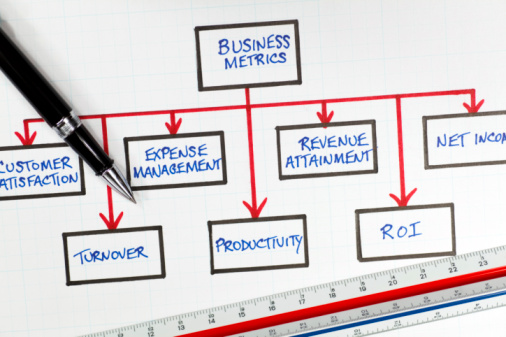To many people, BPM is essentially a management discipline that replaces traditional organizational performance metrics around functional stovepipes with new ones based on cross-functional process thinking. Certainly, modeling and measuring the business from a process perspective has huge benefits, including improved alignment of IT investment with strategic goals, and improved visibility of business performance. But BPM promises more, including faster cycle times, lower costs, improved compliance with policies and best practices, and more agile response to change.
BPM cannot achieve those benefits, however, by modeling and monitoring alone. A technology platform that can transform process models and metrics into executable implementations – without writing code – is required. In short, a BPM suite (BPMS).
A BPM suite is not a stack of standards-based components from best-of-breed providers. It is a unified set of tools and runtime components, typically from a single vendor, architected to streamline the entire business process lifecycle – from modeling and analysis, to executable process design, to running and tracking the process, to optimizing process performance in real time. A BPM suite is more than a workflow engine and design tool. It supports application integration, business rule management, business-level modeling and simulation analysis, design of user-friendly forms and Web applications to perform process tasks, and dashboards to process metrics. BPMS offerings are adding support for enterprise content management and team collaboration, advanced task management, and a design environment shared by business analysts and IT process designers.
Similarities and Differences
With so many functional components required to work in harmony, you might think very few suites exist. In fact, there are almost too many from which to choose. While they all may have a similar checklist of features, they don’t all do the same thing. Some are optimized for human-centric processing, with elaborate features for assigning and delegating tasks, working in collaborative teams, and monitoring human performance. Others are optimized for high-volume transactional processes, with automated exception handling and high-performance application integration. Some emphasize routing forms; others focus on documents; while others see processes in terms of XML messages and events. Each makes different assumptions about the process being managed, and what skills are required of the users designing and managing the process.
Understanding these differences requires looking at each of the core functions of the BPMS. The 2006 BPMS Report series does that. Available for free from BPM Institute, it describes an evaluation framework that can be applied across BPMS offerings, and shows how the elements of that framework relate to six specific process types or use cases. Then it reviews the leading offerings in the market by walking through each one using the common framework.
This month, four new product reports are being added to the series: Lombardi TeamWorks, EMC Documentum Process Suite, BEA AquaLogic BPM, and Cordys Composite Application Framework. In a feature/function checklist, all of these offerings look identical. In the 2006 BPMS Report series, their differences become clear. To get the full benefit of BPM, you need a BPMS. But to really do BPM right, you need the right BPMS. The 2006 BPMS Report gets you started with your search.

















